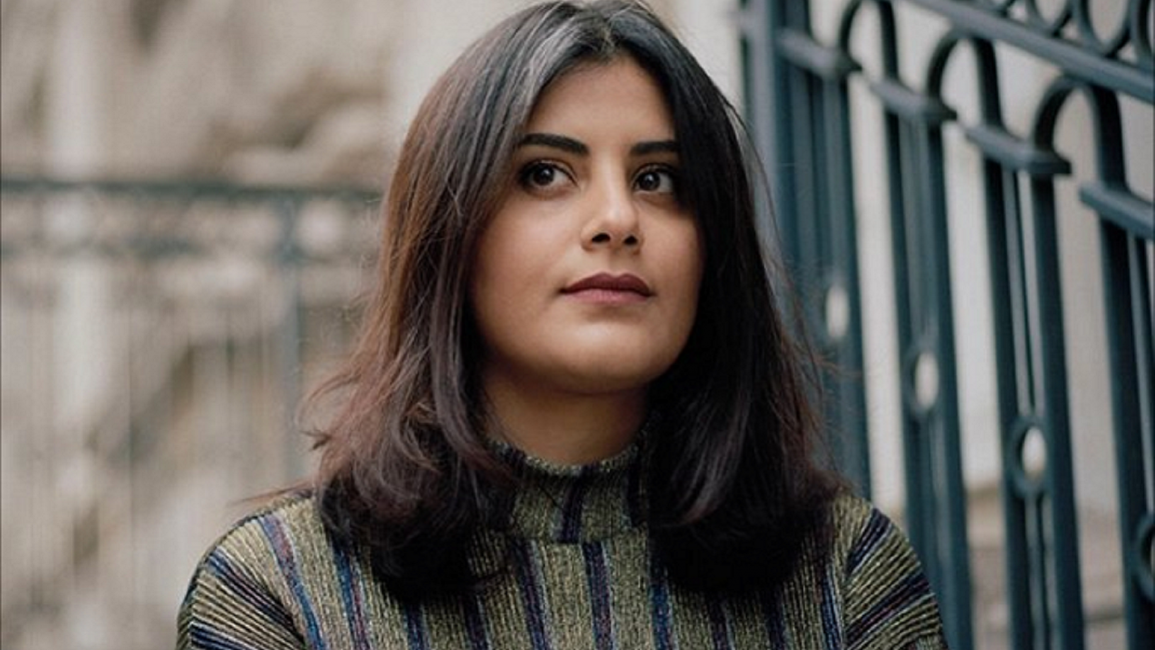Jailed Saudi activist’s trial transferred to terrorism court
Saudi authorities have transferred the trial of activist Loujain al-Hathloul to a court dealing with terrorism-related cases, her family said on Wednesday, reporting that she was visibly weak after more than two years in jail.
Hathloul, 31, was arrested in May 2018 with about a dozen other women activists just weeks before the historic lifting of a decades-long ban on female drivers.
|
|
"My sister @LoujainHathloul's case has been transferred to the Specialised Criminal Court (or) the terrorism court," the activist's sister Lina Hathloul wrote on Twitter.
"She looked weak in court, her body was shaking uncontrollably and her voice was faint and shaky."
Despite her frail health, the activist read out her four-page defence to the judge, her other sister Alia al-Hathloul said on Twitter.
Hathloul's siblings are based outside the kingdom, and they did not specify the source of their information.
Since March 2019, Hathloul's case was being tried at Riyadh's criminal court, where sessions were closed to diplomats and journalists, her family and campaigners said.
Riyadh's Specialized Criminal Court (SCC) was established in 2008 to handle terrorism-related cases but has been widely used to try political prisoners.
Earlier this year, Amnesty International said the secretive SCC was being used to silence critical voices including clerics and rights activists under the cover of fighting terrorism.
In a statement, Amnesty International’s Deputy Regional Director for the Middle East and North Africa Lynn Maalouf said Saudi Arabia could have ended Hathloul's "two-year nightmare" amid renewed international scrutiny as Riyadh hosted the G20.
"Instead, in a disturbing move, they transferred her case to the SCC; an institution used to silence dissent and notorious for issuing lengthy prison sentences following seriously flawed trials," said Maalouf. "This is yet another sign that Saudi Arabia’s claims of reform on human rights are a farce.”
There was no immediate comment on the development from authorities in Saudi Arabia, an absolute monarchy that has long faced international criticism for its human rights record.
While some women activists have been provisionally released, Hathloul and others remain in detention on what rights groups describe as opaque charges that include contact with foreign media, diplomats and activist groups.
The pro-government Saudi media has branded Hathloul and others as "traitors", and her family says she experienced sexual harassment and torture in detention.
Saudi authorities deny these accusations.
The detention of women activists has cast a spotlight on the human rights record of the kingdom, which has also faced intense global criticism over the 2018 murder of journalist Jamal Khashoggi in its Istanbul consulate.
Hathloul began a hunger strike in prison on October 26 to demand regular contact with her family, her siblings said.
Amnesty International said on Wednesday that Hathloul ended the strike two weeks later.
"She was being woken up by the guards every two hours, day and night, as a brutal tactic to break her," Amnesty said on Twitter.
"Yet, she is far from broken."
Twitter Post
|
Follow us on Facebook, Twitter and Instagram to stay connected



